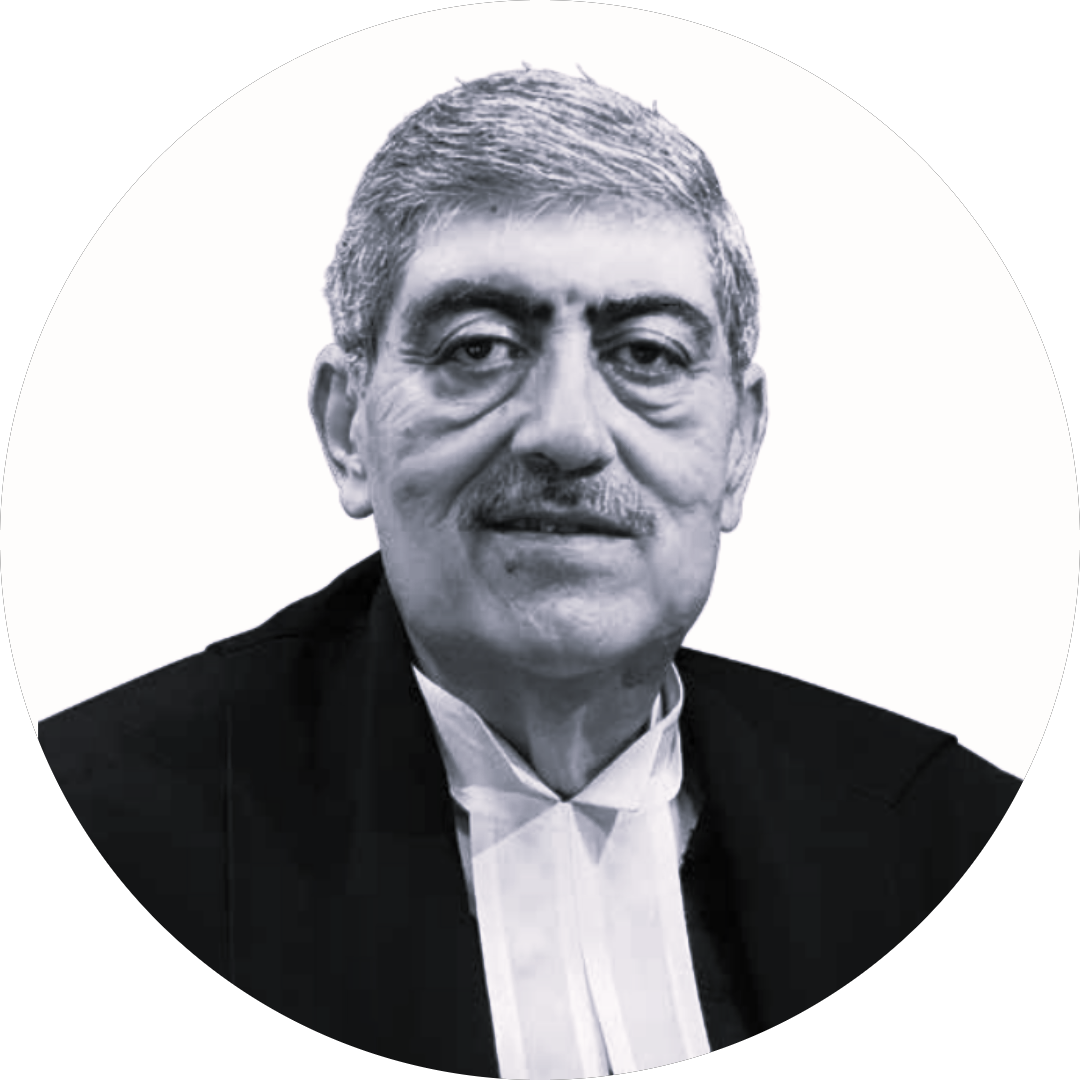S.K. Kaul

S.K. Kaul
Former Judge of the Supreme Court of India
Assumed Office17th Feb, 2017
Retired On25th Dec, 2023
Previously
Chief Justice of the Madras High CourtJuly 26th 2014 - February 15th 2017
Chief Justice of the Punjab and Haryana High CourtJune 1st 2013 - July 25th 2014
Acting Chief Justice of the Delhi High CourtSeptember 23rd 2012 - September 25th 2012
Permanent Judge of the Delhi High CourtMay 2nd 2003
Additional Judge of the Delhi High CourtMay 3rd 2001 - May 1st 2003
Senior Advocate of the Supreme CourtDecember 1999
Advocate on Record of the Supreme Court of India1987-1999
EnrolmentJuly 15th 1982
Profile
Education
Justice Sanjay Kishan Kaul graduated in Economics (Hons.) from St. Stephens College, Delhi University in 1979 and obtained his LL.B. Degree from The Campus Law Centre, Delhi University in 1982.
Career as an Advocate
In the same year, he enrolled as an Advocate with the Bar Council of Delhi. Justice Kaul practised mainly in the Commercial, Civil, Writ, Original and Company jurisdictions at the Delhi High Court and the Supreme Court of India. Justice Kaul became an Advocate-on-Record at the Supreme Court in 1987 and was designated as a Senior Advocate in December 1999. He was appointed Senior Counsel for the Delhi High Court and the Delhi University. He served as the Additional Senior Standing Counsel for the Delhi Development Authority.
Career as a Judge
Justice Kaul was appointed as Additional Judge of the High Court of Delhi on May 3rd, 2001, and was appointed as a permanent Judge on May 2nd, 2003. He was briefly appointed as the Acting Chief Justice of the Delhi High Court in September 2012. Subsequently, in 2013, he was elevated as the Chief Justice of the Punjab and Haryana High Court. Justice Kaul was then transferred to the Madras High Court as Chief Justice in July 2014. On February 17th, 2017 Justice Kaul was appointed as a Judge of the Supreme Court.
Figure 1 shows that Justice Kaul authored 159 Judgements, and has been a part of 565 Benches during his tenure so far.
In Figure 2, we can see that Justice Kaul mainly authored judgments in Criminal matters (18%). However, this margin is not significant as Justice Kaul has authored judgements in Service (16%), Motor Vehicles (14%) and Civil (11%) disputes.
Notable Judgements
A 5-Judge Bench led by Justice Kaul pronounced a unanimous verdict in Union of India v. Union of Carbide (2023) which rejected the Union’s curative plea seeking additional compensation for victims of the Bhopal Gas Tragedy. Justice Kaul noted that the Union had no ‘legal principle’ to justify the top-up as they failed to show a ‘gross miscarriage of justice’. He even noted that there is a surplus amount from the original compensation which could sufficiently satisfy any future claims from victims.
In the Bar Council of India v Bonnie FOI Law College, Justice Kaul led the Constitution Bench which upheld the Bar Council of India’s (BCI) power to conduct the All India Bar Examination (AIBE). A Bench that was hearing a challenge to the 2015 Bar Council Rules referred the case to a Constitution Bench. Justice Kaul held that conducting the AIBE is within the ‘parameters of law’ which was a key issue in the case. Additionally, he recommended some guidelines and conditions for law students and law graduates appearing for the AIBE exams.
In Shilpa Sailesh v Varun Sreenivasan, Justice Kaul led the Constitution Bench which held that the Supreme Court had the power to grant divorce to parties who directly approached it, by using the SC's discretionary powers under Article 142 of the Constitution of India. The Bench held that it can grant a divorce on the grounds of ‘irretrievable breakdown of marriage’ to ensure ‘complete justice’.
Justice Kaul was a part of the 9-Judge Bench which ruled in favour of Privacy being a Fundamental Right in Justice K.S. Puttaswamy v UOI (2017). He wrote one of the five concurring opinions. Justice Kaul held that privacy is an inherent right found at the core of individual existence. Additionally, Justice Kaul expressed the requirement for the protection of privacy as there is a risk of invasion of privacy by the State using technology.